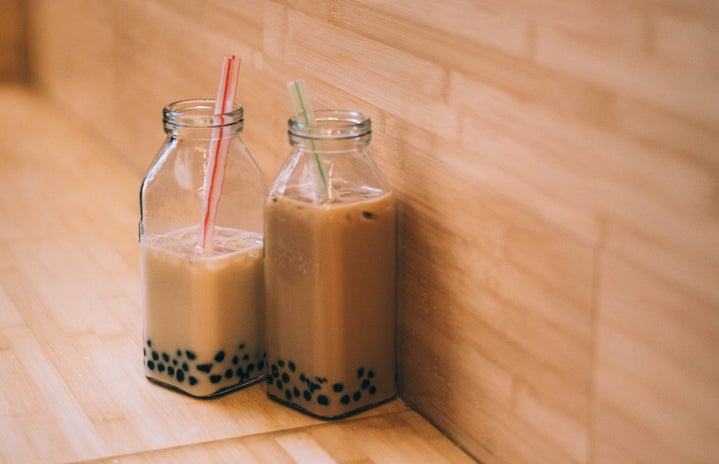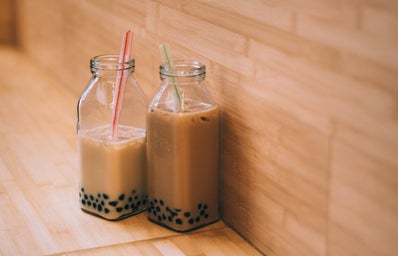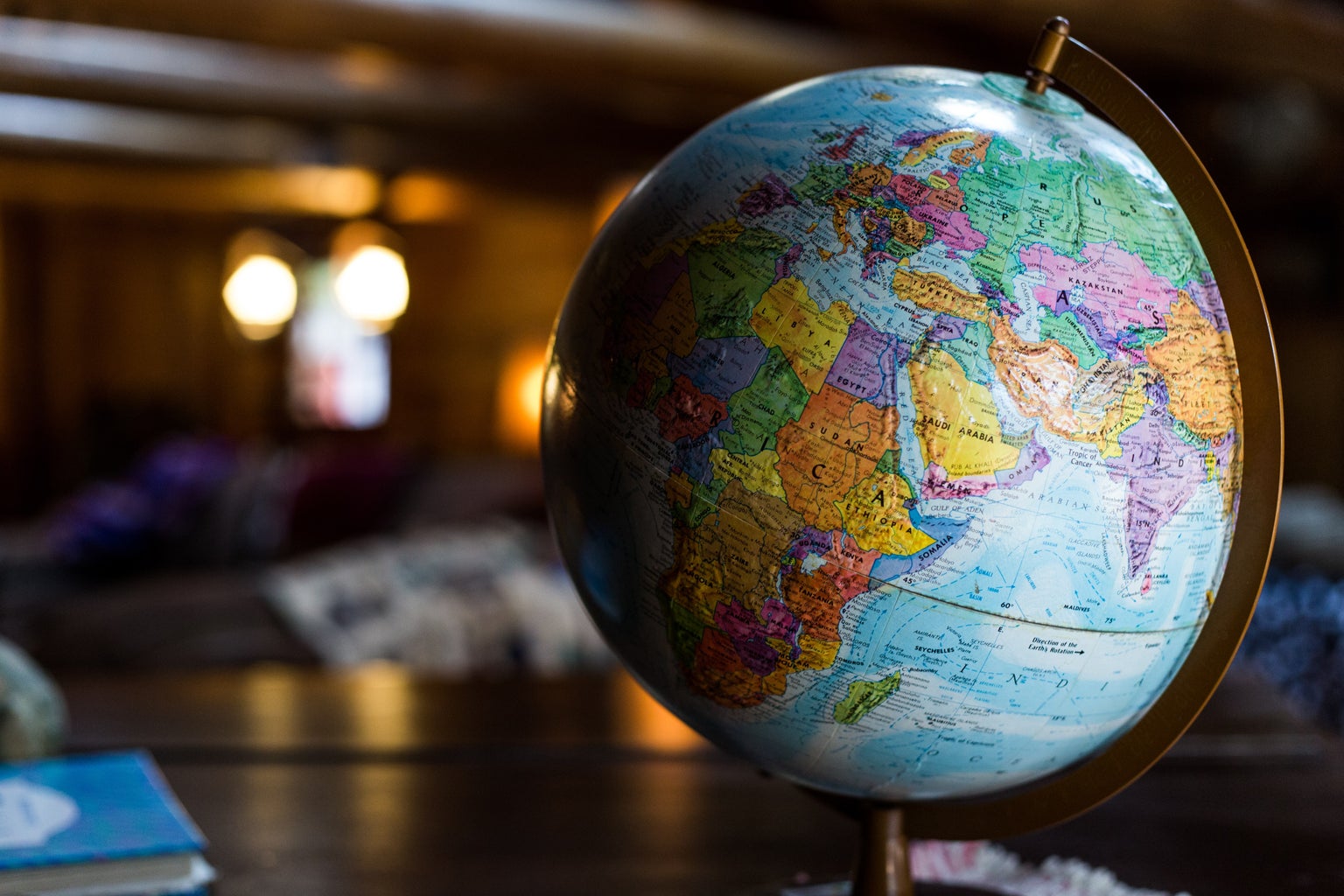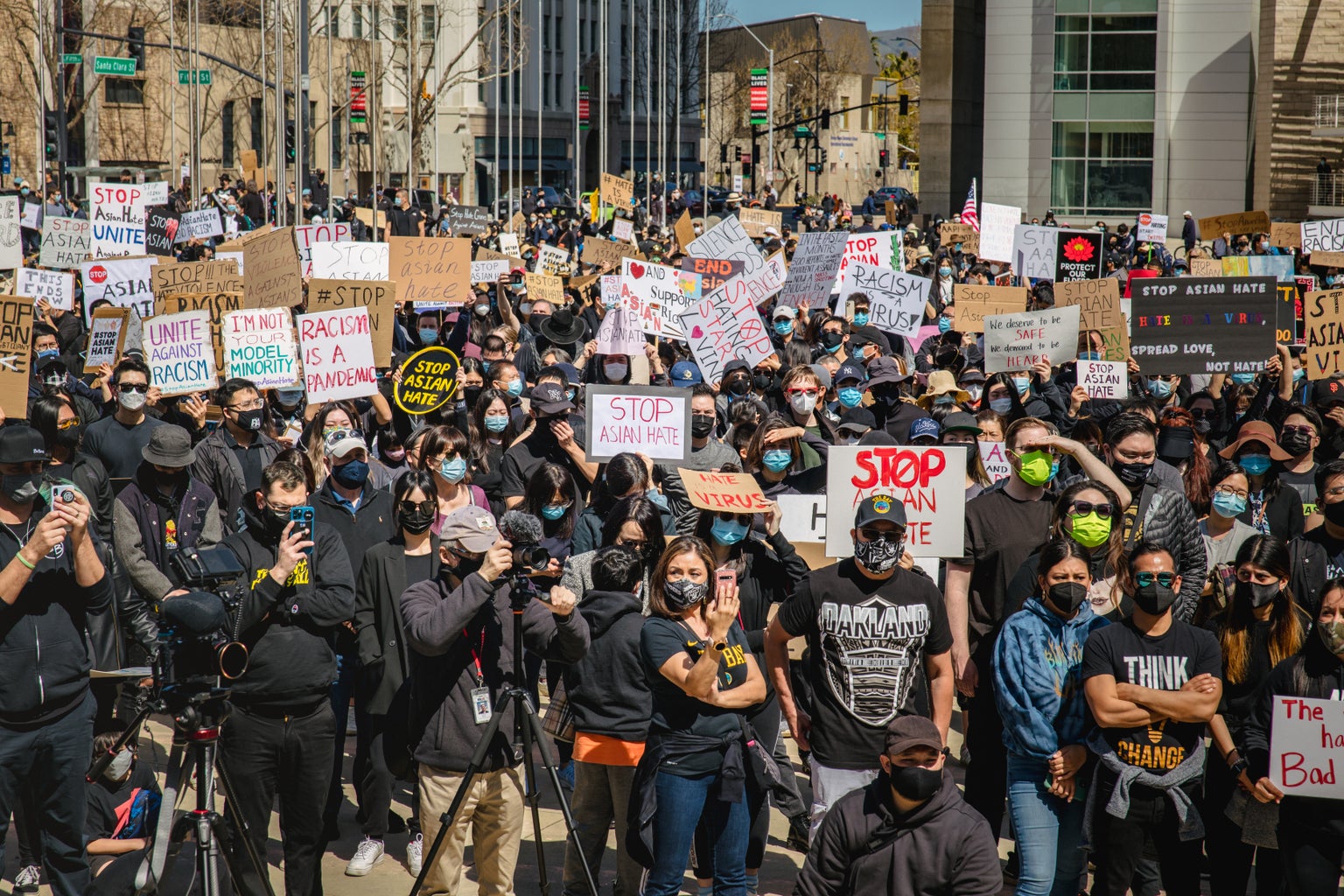As I was doom scrolling through TikTok, I came across a video that piqued my interest. The video was of actor Simu Liu, known for playing the titular Shang Chi, calling out Bobba, a boba drink brand (if you can really call it that) for “culture appropriation” on “Dragon’s Den,” Canada’s version of Shark Tank. Aspiring entrepreneurs go on the show to pitch their ideas, vying for a dragon—venture capitalists—to invest in their startup.
Cultural appropriation is a touchy subject for many people of color, because nothing hurts more than seeing people mock your culture, and it’s even worse when people downplay your feelings about it. Remember Kim Kardashian wearing Fulani braids but calling them “Bo Derek” braids? Or TikTok’s infamous Spa Water controversy (for those who don’t know, a white woman named her anti-inflammatory drink “spa water” when it was just agua fresca)?
Now, at the center of the controversy are Jessica Frenette and Sebastien Fisey, founders of Bobba—two conspicuously non-Asian individuals.
While pitching their brand for $1 MILLION, they claim that people are “never quite sure about [boba drinks’] content” and that with their brand, Bobba, “those days are over.” They continue with their disrespectful rhetoric, saying, “it’s not an ethnic product anymore.”
Wow… that’s like saying the Earth is flat. It’s nonsensical. Not sure how getting rid of Boba tea’s Asian-ness will make it taste better—usually Asian people like FLAVOR.
Simu Liu, offended, hits back with, “I’m quite sure of its content.” He later calls out the fact that on the can, there is no acknowledgement of where boba came and brings up a very important point of cultural appropriation, saying that they are taking something “distinctly Asian in its identity and quote-un-quote making it better.” I’m glad he called it out. What they said is micro-aggressive and racist.
Unfortunately, the other Dragons dismiss Simu Liu’s concerns, calling it “heavy” and derisively saying, “that’s one way to start”—all too familiar reactions to when a person of color calls out cultural appropriation.
One might argue that it’s culture appreciation; however, Simu Liu points out two main issues and why it’s not appreciation at all:
- The brand doesn’t acknowledge boba tea’s roots and where it originated from, profiting off something they gave no acknowledgment to.
- They are rebranding it into something more “palpable,” healthier, and less “ethnic.”
His issues align very much with the definitions of cultural appropriation. According to the University of Utah, cultural appropriation is the “selecting of certain aspects of a culture, and ignoring their original significance for the purpose of belittling it as a trend.” Had they acknowledged boba tea’s origins, appreciated the drink without putting its cultural heritage down, and said they wanted to have their own spin on it, everything would be completely fine. Yet, that’s not what they did at all.
Regarding the first point, the founders are stripping away Boba tea’s cultural heritage and claiming their drink as if they discovered something Nobel-prize worthy. They didn’t.
The second point demonizes boba’s original form because they claim their product is “less ethnic” and “healthier,” so in their eyes, better. Less asian. They’re implying that there was something wrong with the original Taiwanese drink and by extension, Taiwanese culture.

The use of “ethnic” is interesting too: why not say Asian? Why also claim people aren’t aware of what’s in their drink? It’s almost as if, to them, boba is seen as some foreign, exotic food that they’re bringing mainstream. People, however, are perfectly content with the way it’s made today in its original Taiwanese form. And why would they assume consumers don’t know what’s in boba tea? Their pitch is not only racist, but also doesn’t make sense.
To some, it may seem overdramatic of me to complain about a Canadian “boba” drink brand. But to many of the East/SE Asian diaspora, myself included, boba tea is something to be proud of. In the U.S., it’s very much a part of Asian American culture. It brings people together and it’s a dessert that many of my Asian friends can enjoy without having to feel ashamed. The success of boba abroad, in its original form, helps me accept my identity and be proud. It isn’t some weird, foreign dessert I like to enjoy. I don’t have to feel ashamed about liking it.
The othering and labels of “ethnic,” “exotic,” or “stinky” food in the middle school cafeteria is uncomfortably familiar to so many Asian Americans, causing shame and ultimately rejection of one’s own culture. The changing of boba into something Western is another example of this othering.
This controversy stems from a wider issue of a general lack of cultural awareness and racism. The other dragons don’t take it too seriously; they don’t defend Simu or understand where he’s coming from. Racism, especially when it takes a micro-aggressive form, can be hard to spot and oftentimes become misconstrued as a good thing. We should cherish the many cultural legacies in the world and work together to promote respect for diversity in today’s globalized world.




